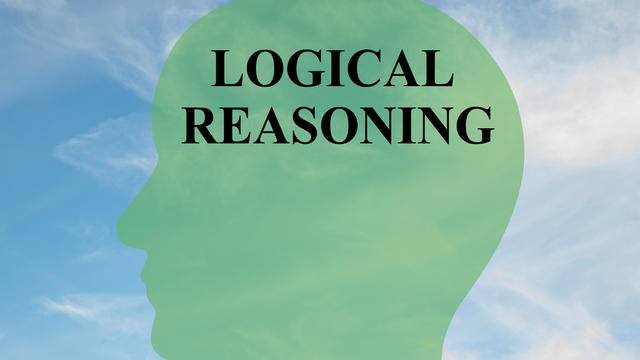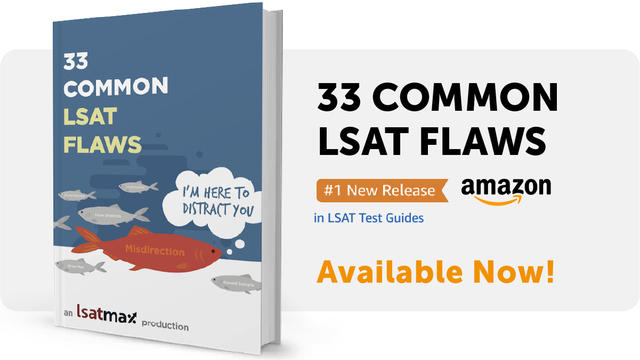
Dear LSAT Prep students, as you continue with your LSAT prep, you will face many kinds of logical fallacies. Eventually, I hope to cover them all with you so that you will be able to recognize each one on the exam. Today we will go over the fallacy of equivocation.
What is an equivocation? An equivocation is the use of ambiguous terms—especially in order to mislead or hedge. In the LSAT prep world, an equivocation is a flaw created by the double meaning of a word. Let's look at an example:
A piece of paper is light. What is light cannot be dark. Therefore, a piece of paper cannot be dark.
The word "light" is first used in this example as the opposite of "heavy." Then it is used as a synonym for "bright." Thus, we have an equivocal language flaw because we are faced with two words masquerading as one. A piece of paper is not heavy, but it can still be dark.We can find a similar flaw in the following example using the word "man."
Women do not need to fear that bear, since we know that it is a man-eating bear.
The speaker has clearly mistaken "man-eating bear," i.e. a bear that eats humans, with a bear that only eats men, i.e. only humans that are male. But, as we all know, a human-gender differentiating bear does not exist. The man-eating bear eats all men, i.e. all members of the human species, male and female. Thus, an equivocation flaw has occurred with the word "man."
Here's one last example:
Nothing is better than being in love. A peanut butter and jelly sandwich is better than nothing. Therefore, a peanut butter and jelly sandwich is better than being in love.
The word "nothing" has been equivocated to convince you that a peanut butter and jelly sandwich is better than being in love. The word "nothing" is first used to prove that being in love has the highest value possible; there is no thing that has a higher value than being in love. The second instance of "nothing" is used to mean that having a peanut butter and jelly sandwich is better than not having a peanut butter and jelly sandwich. The second instance of "nothing" only describes the sandwich as having some value, whereas the first instance describes being in love as having the highest value. Therefore, the two instances of "nothing" do not mean the same thing.When you encounter this flaw in the answer choices, ask yourself whether any of the words used in the stimulus are being used in two different ways. If so, you know you're dealing with an equivocation flaw! Now onward in your LSAT prep and continue identifying the different logical fallacies that you happen upon.
Happy Studying!











